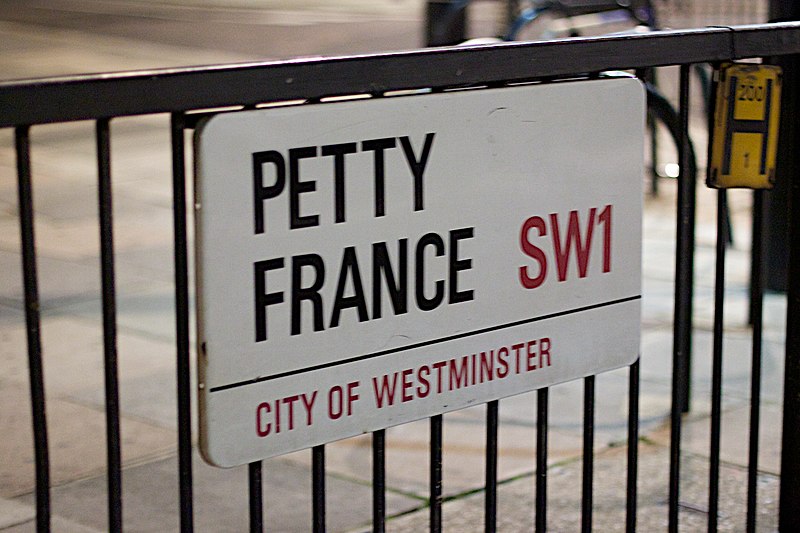
The government has announced a major crackdown on the creation of sexually explicit “deepfake” images, introducing legislation that will make it a criminal offense. This initiative is part of a
broader effort to combat online abuse and protect women and girls from harassment.
Key Measures:
New Offenses Introduced:
- Creating and sharing sexually explicit deepfake images without consent will become a criminal offense, with perpetrators facing up to two years in prison.
- Additional offenses will target individuals who take intimate images without consent or install equipment to facilitate such acts.
Manifesto Commitment Fulfilled:
- This move is aligned with the government’s Plan for Change and its promise to safeguard women and girls.
- Addressing the Harmful Rise of Deepfakes
The rapid increase in the production of hyper-realistic deepfake images has caused significant harm, particularly to women and girls who are disproportionately targeted. The new legislation aims to hold offenders accountable and prevent further victimization.
Ministerial Statements
Victims Minister Alex Davies-Jones emphasized:
"It is unacceptable that one in three women have been victims of online abuse. This demeaning and disgusting form of chauvinism must not become normalised, and as part of our Plan for Change we are bearing down on violence against women – whatever form it takes. These new offences will help prevent people being victimised online. We are putting offenders on notice – they will face the full force of the law".
Baroness Jones, Technology Minister, said:
“The rise of intimate image abuse is a horrifying trend that exploits victims and perpetuates a toxic online culture. These acts are not just cowardly, they are deeply damaging, particularly for women and girls who are disproportionately targeted.
With these new measures, we’re sending an unequivocal message: creating or sharing these vile images is not only unacceptable but criminal. Tech companies need to step up too - platforms hosting this content will face tougher scrutiny and significant penalties”.
Campaigner and presenter Jess Davies said:
“Intimate-image abuse is a national emergency that is causing significant, long-lasting harm to women and girls who face a total loss of control over their digital footprint, at the hands of online misogyny.
Women should not have to accept sexual harassment and abuse as a normal part of their online lives, we need urgent action and legislation to better protect women and girls from the mammoth scale of misogyny they are experiencing online”.
Support from campaigners
Campaigner and presenter Jess Davies described intimate-image abuse as a "national emergency" and called for urgent action to protect women and girls from the pervasive online misogyny.
Legislative action
These measures build on the government’s 2024 action under the Online Safety Act, which prioritized the removal of intimate image abuse content. The forthcoming Crime and Policing Bill will formalize these new offenses.
Additional information
Scope of the Law: The new deepfake offenses will apply to images of adults. Existing laws already criminalize such behavior involving minors.
Enhanced Protections: Existing voyeurism offenses will be replaced with a broader range of criminal offenses to address non-consensual intimate image abuse.
The government’s action underscores its commitment to tackling online abuse and safeguarding individuals from the harmful consequences of deepfake technology. Photo by London Barking, Wikimedia commons.


































